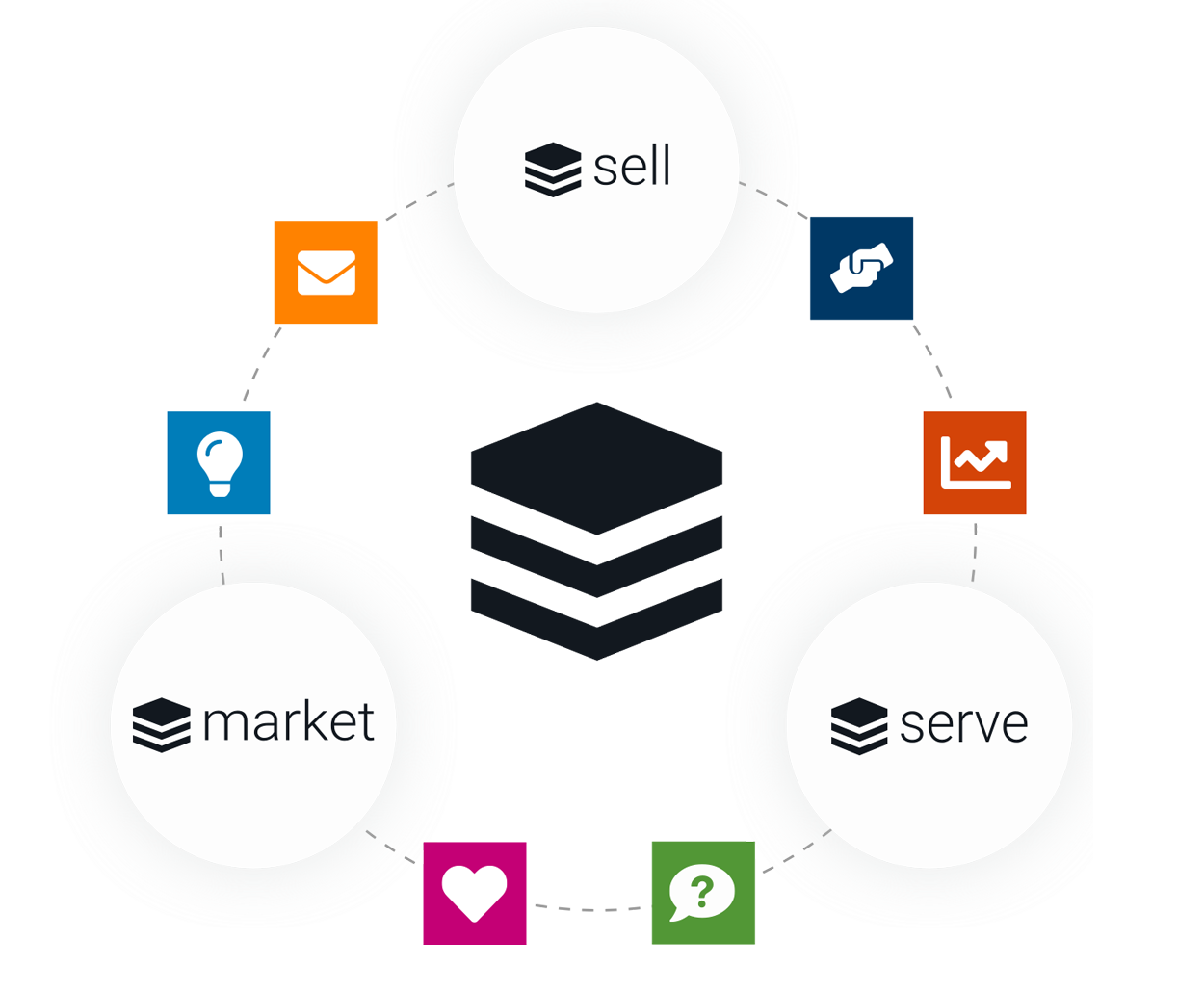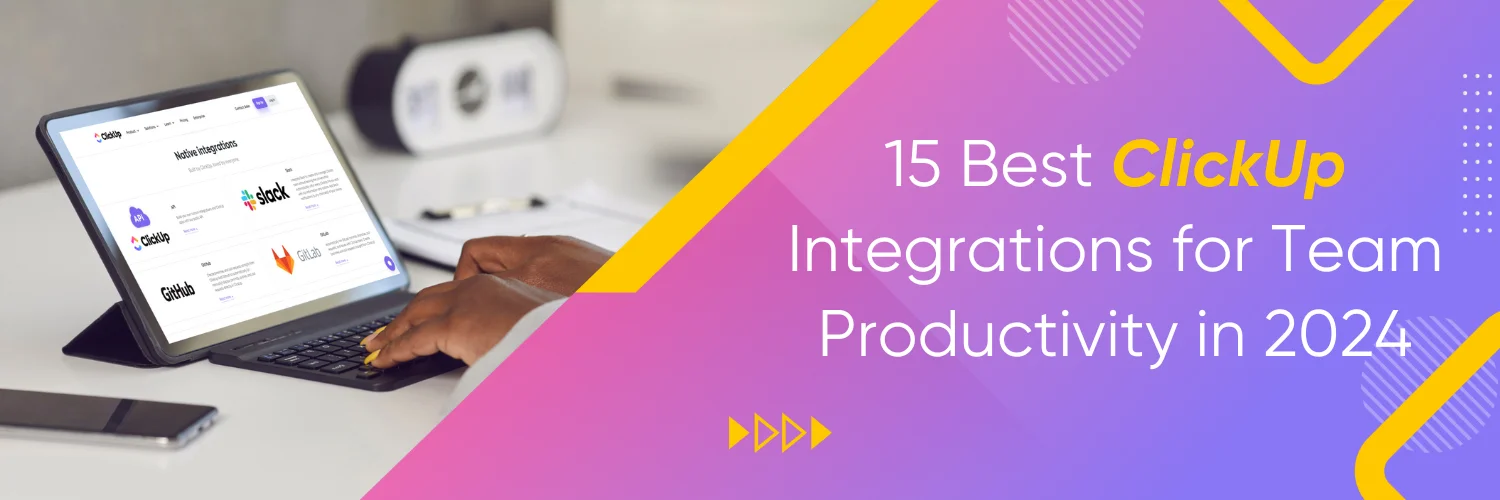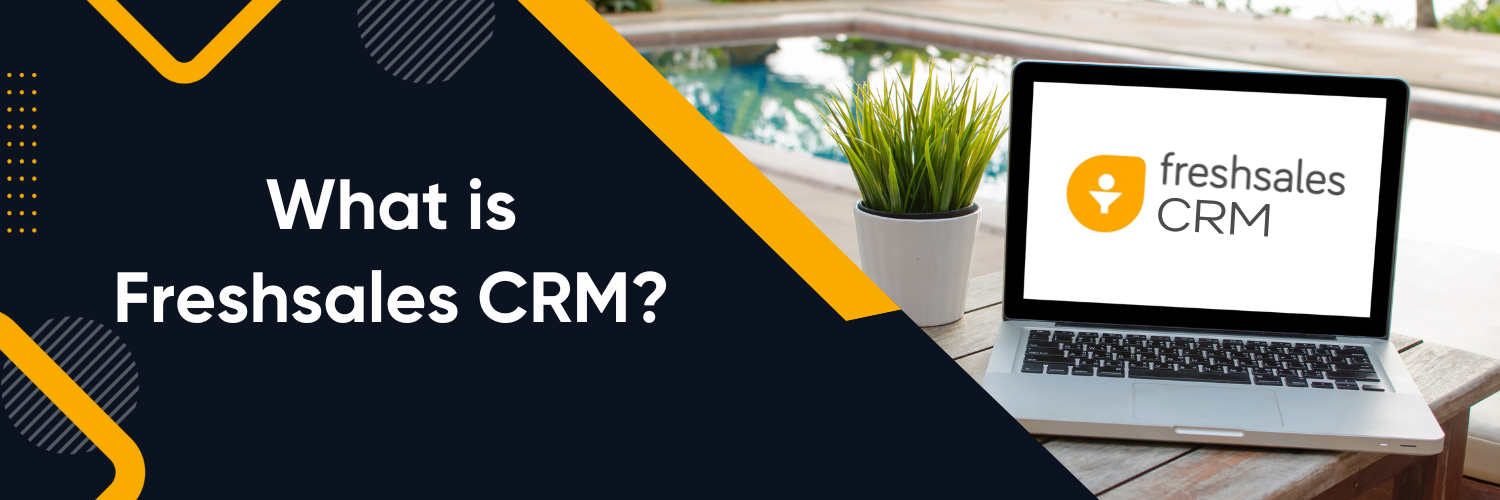Customer Relationship Management (CRM) Software

Customer Relationship Management (CRM) software helps businesses manage their interactions with customers and prospects, streamlining various processes like sales, marketing, and customer support. For small businesses, using CRM software is crucial for building strong relationships, improving customer retention, and driving business growth.
Factors to Consider When Choosing a CRM Software

Ease of Use
A good CRM software should have a user-friendly interface, allowing your team to navigate and use it easily. Customizability is another key factor, as it enables you to tailor the software to your specific business needs. Finally, look for CRM solutions that offer extensive training resources to help your team adapt quickly to the new system.
Integration with Other Tools
Choose a CRM software that integrates seamlessly with other tools you’re already using, such as email marketing platforms, social media management tools, and e-commerce solutions. This will help you streamline your processes and avoid any disruptions in your workflow.
Pricing and Scalability
Select a CRM software that offers affordable pricing plans, especially for small businesses with limited budgets. Additionally, ensure that the software can scale with your business, accommodating future growth without requiring a complete overhaul.

Customer Support
A CRM solution should provide reliable customer support through various channels, such as phone, email, and live chat. The response time of the support team is also crucial, as it directly impacts your ability to address any issues that may arise.
Benefits of Using CRM in Your Business

The use of CRM (Customer Relationship Management) software in your business can provide a wide range of benefits. These systems streamline various processes, such as sales, marketing, and customer support, ultimately enhancing customer relationships and retention. Here are some of the key benefits of using CRM in your business:
Improved Customer Relationships
CRM software helps you better understand your customers’ needs and preferences by tracking their interactions with your business. This knowledge allows you to personalize your communication, tailor your offerings, and improve overall customer satisfaction.

Enhanced Sales Efficiency
CRM systems can automate several sales tasks, such as lead tracking, follow-up reminders, and pipeline management. This helps your sales team prioritize their efforts, focus on high-value leads, and close deals more efficiently.
Streamlined Marketing Efforts
CRM software allows you to segment your customer base, enabling targeted marketing campaigns based on specific customer characteristics. This leads to higher engagement rates, better conversion rates, and more cost-effective marketing initiatives.
Centralized Data
CRM systems serve as a central repository for all customer-related information, making it easily accessible to your entire team. This ensures that everyone has up-to-date information, reducing miscommunication and enhancing collaboration among departments.

Improved Customer Support
CRM software enables you to track and manage customer support requests, ensuring that issues are resolved quickly and efficiently. This not only boosts customer satisfaction but also helps you identify areas for improvement in your support processes.
Detailed Reporting and Analytics
CRM systems provide valuable insights into your customers’ behavior, allowing you to make data-driven decisions. With comprehensive reporting and analytics, you can monitor key performance indicators (KPIs), such as customer acquisition costs, average deal size, and customer lifetime value, to optimize your business strategies.

Scalability
As your business grows, a CRM system can easily adapt to accommodate more customers, users, and additional features. This ensures that your investment in CRM software continues to provide value as your business expands.
Increased Revenue
By improving customer relationships, sales efficiency, and marketing effectiveness, CRM software ultimately helps drive revenue growth for your business. A well-implemented CRM system can lead to higher customer retention rates, increased cross-selling and upselling opportunities, and a more loyal customer base.

In conclusion, investing in a CRM system can provide numerous benefits for your business. By streamlining various processes, enhancing customer relationships, and enabling data-driven decision-making, CRM software can significantly contribute to the success and growth of your organization.
Top 12 Best CRM Software for Small Businesses
1. HubSpot CRM

HubSpot CRM is an all-in-one solution with features like contact management, email tracking, and marketing automation. It’s known for its ease of use and integration with other HubSpot tools. The free plan offers basic features, while paid plans provide additional functionality for growing businesses.
2. Zoho CRM

Zoho CRM is a versatile solution offering sales automation, marketing, and customer support features. It’s highly customizable and integrates well with other Zoho products and third-party tools. Pricing plans cater to businesses of all sizes, with a free tier available for smaller businesses.
3. Salesforce Essentials

Salesforce Essentials is designed specifically for small businesses and offers powerful CRM features, such as lead tracking, opportunity management, and customizable dashboards. It also integrates with popular apps like Gmail and Microsoft 365. Pricing starts with a per-user, per-month model.
4. Pipedrive

Pipedrive is a sales-focused CRM that emphasizes pipeline management and deal tracking. It offers a visually appealing interface and easily integrates with various marketing tools. Pricing is based on a tiered subscription model, with features increasing as you move up in tiers.
5. Insightly

Insightly is a CRM solution designed for project management and relationship building. It offers features like contact management, project tracking, and sales automation. Insightly’s pricing plans cater to businesses of different sizes, starting with a free plan for small teams.
6. Monday
Monday is a popular CRM tool that helps businesses streamline their workflows and manage their projects effectively. With its intuitive interface and customizable features, Monday allows teams to collaborate, track progress, and stay organized. The platform offers a range of tools and features, such as task management, project tracking, time tracking, and team collaboration. Users can create and assign tasks, set deadlines, and monitor progress in real-time. Monday also provides visualizations and reports to help users analyze data and make informed decisions. With its user-friendly design and extensive integration options, Monday is a versatile CRM tool suitable for various industries and team sizes.
7. Brevo (formerly Sendinblue)

Brevo, formerly known as Sendinblue, is a comprehensive CRM tool designed to help businesses build strong customer relationships and enhance their marketing efforts. It offers a wide range of features, including email marketing, SMS marketing, marketing automation, and customer segmentation. Brevo enables businesses to create personalized marketing campaigns, automate repetitive tasks, and track customer interactions. Users can design attractive email templates, send targeted messages, and analyze campaign performance through detailed reports. The platform also provides tools for managing contact lists, tracking customer behavior, and integrating with other marketing platforms. With its user-friendly interface and robust features, Brevo is a valuable CRM tool for businesses seeking to optimize their marketing strategies.
8. Scoro
Scoro is a powerful CRM tool that combines project management, time tracking, and financial management features into one comprehensive platform. It caters to businesses looking for an all-in-one solution to streamline their operations and improve productivity. With Scoro, users can manage tasks, track time spent on projects, create and send invoices, and monitor their financial performance. The platform also offers tools for collaboration, resource planning, and reporting, enabling teams to work together efficiently. Scoro integrates with popular productivity tools and provides a centralized hub for managing customer relationships and projects. Its robust functionality and customizable workflows make it a suitable choice for businesses across various industries.
9. Accelo

Accelo is a cloud-based CRM tool designed specifically for service-based businesses, such as consulting firms, marketing agencies, and IT services providers. It offers a comprehensive suite of features to streamline operations, automate processes, and enhance client relationships. Accelo enables businesses to track project progress, manage tasks, allocate resources, and collaborate with team members. It also provides tools for time tracking, invoicing, and client communication. With Accelo, businesses can gain insights into their project profitability, monitor client satisfaction, and optimize resource utilization. The platform integrates with popular accounting and communication tools, ensuring seamless data flow and improved efficiency. Accelo’s industry-focused approach makes it a valuable CRM tool for service-based businesses aiming to enhance their operations and client management.
10. Sugar CRM

Sugar CRM is a flexible and customizable CRM tool that empowers businesses to build and maintain strong customer relationships. It offers a wide range of features, including lead management, contact management, opportunity tracking, and customer support automation. Sugar CRM allows businesses to capture, organize, and analyze customer data, enabling personalized interactions and targeted marketing campaigns. Users can track sales pipelines, monitor customer interactions, and automate routine tasks to enhance productivity. The platform also provides customer support functionalities, including case management, ticketing, and knowledge base management. Sugar CRM can be tailored to meet specific business requirements and integrates with other software applications, ensuring a seamless workflow and enhanced efficiency.
11. WORKetc
WORKetc is an all-in-one CRM tool designed to streamline project management, customer support, and billing processes. It combines CRM, project management, and billing features into a single platform, eliminating the need for multiple tools. With WORKetc, businesses can manage customer relationships, track projects, and generate invoices from one centralized hub. The platform offers task management, time tracking, document sharing, and collaboration features to enhance team productivity. Users can also provide customer support, track support tickets, and manage customer inquiries. WORKetc’s integration capabilities and customizable workflows make it a convenient CRM tool for businesses seeking an integrated solution for managing their projects, clients, and billing processes.
12. Keap (formerly Infusionsoft)

Keap, formerly known as Infusionsoft, is a CRM tool designed to help small businesses automate their sales and marketing processes. It offers a range of features, including contact management, email marketing automation, lead scoring, and e-commerce integration. Keap enables businesses to capture and organize customer information, automate follow-up emails, and track customer interactions. The platform also provides tools for creating landing pages, managing sales pipelines, and analyzing campaign performance. Users can segment their audience, personalize marketing messages, and nurture leads effectively. Keap’s robust automation capabilities and e-commerce integration make it a valuable CRM tool for small businesses looking to streamline their sales and marketing efforts.
Tips for Implementing CRM in Your Small Business

Clearly Define Your Goals
Establish clear sales, customer service, and marketing objectives before implementing a CRM system. This will help you choose software that aligns with your goals and ensures maximum benefit from its use.
Involve Your Team
Encourage your team to provide input on CRM selection and implementation. Training your staff on CRM usage is crucial to ensure everyone is comfortable and capable of using the software effectively.
Regularly Monitor and Evaluate Performance
Set key performance indicators (KPIs) to measure the success of your CRM implementation. Continuously monitor and evaluate performance, making adjustments as needed to optimize results.
Conclusion

In conclusion, choosing the right CRM software is essential for small businesses looking to thrive in 2023. A well-implemented CRM system can significantly enhance customer relationships, streamline processes, and drive revenue growth. Don’t leave your business’s success to chance; partner with Ubique Digital Solutions today to find the perfect CRM solution tailored to your unique needs. Our team of experts is ready to help you unlock the full potential of CRM software and propel your business toward a brighter, more successful future. Get in touch with us now and let’s take your business to new heights together!
FAQs
Q: What is the primary purpose of CRM software?
The primary purpose of CRM software is to help businesses manage and optimize their interactions with customers and prospects. CRM systems streamline various processes such as sales, marketing, and customer support, ultimately enhancing customer relationships and retention.
Q: How do I know which CRM software is best for my small business?
To determine the best CRM software for your small business, consider factors such as ease of use, integration with other tools, pricing, scalability, and customer support. Evaluate your specific business needs and goals, and choose a CRM solution that aligns with those objectives.
Q: Can I change my CRM software later if my business needs to change?
Yes, you can change your CRM software if your business needs to change. However, migrating data and retraining your team can be time-consuming and costly, so it’s best to choose CRM software that can grow with your business from the outset.
Q: Are there any free CRM software options available for small businesses?
Yes, there are free CRM software options available for small businesses. Some popular choices include HubSpot CRM, Zoho CRM, and Insightly, which offer free plans with basic features. These options are suitable for businesses with limited budgets or those just starting to explore the benefits of CRM software.












